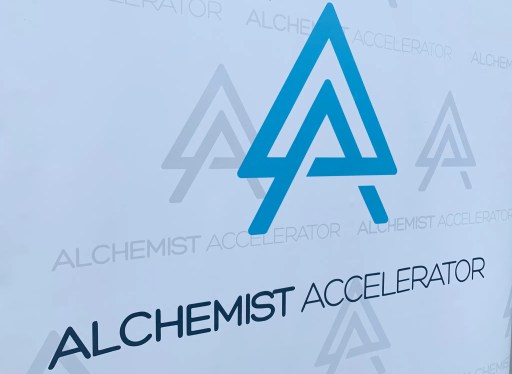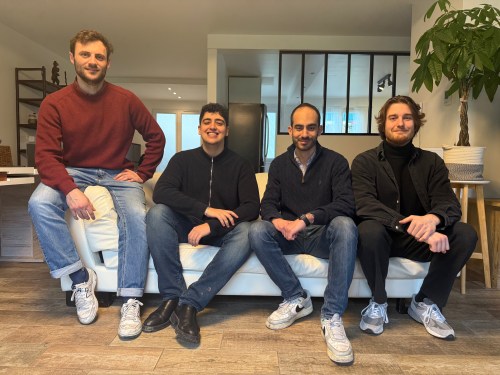
Alchemist Accelerator’s New Cohort: A Focus on Practical Applications of AI
As we speak, Alchemist Accelerator is hosting its latest demo day, featuring a new batch of innovative companies pushing the boundaries of artificial intelligence. If you’re interested in checking out the demos, mark your calendars for 10:30 a.m. Pacific time today.
A Conversation with Alchemist CEO Ravi Belani
Before the demo day festivities began, we had the chance to sit down with Alchemist CEO and founder Ravi Belani to discuss this latest cohort of startups. What struck us was the clear recognition that ambitions for AI startups have shifted in recent times. Gone are the days of seeking to revolutionize entire industries with a single, groundbreaking technology. Today’s focus is on more practical applications of AI.
"The cost of building a basic LLM is prohibitively high," Belani explained. "You get into the hundreds of millions of dollars just to get it out. The question is, as a startup, how do you compete?"
He emphasized that venture capitalists are no longer interested in investing in companies that simply provide wrappers around existing large language models (LLMs). Instead, they’re looking for startups that can demonstrate a clear vertical play, where there’s a specific problem to be solved and a unique solution to offer.
Practical Applications of AI
This shift in focus is evident throughout the latest cohort. The startups featured today are tackling real-world problems with innovative solutions that leverage AI and machine learning.
Take, for example, [Company Name], which has developed an AI-powered tool for healthcare providers to streamline patient care workflows. By analyzing large amounts of clinical data, their system can identify high-risk patients and provide personalized treatment recommendations.
Another standout is [Company Name], a startup using computer vision to help farmers optimize crop yields and reduce waste. Their software analyzes satellite imagery and sensor data to provide detailed insights on soil moisture levels, temperature fluctuations, and more.
Expanding Globally
As we explored the program’s plans for international expansion, Belani highlighted two key regions: Japan and Qatar. In Japan, Alchemist is partnering with Mitsubishi and the Japan External Trade Organization (JETRO) to launch a new accelerator program in Tokyo.
The goal is to create a thriving ecosystem for startups in Japan, leveraging the country’s unique strengths in robotics, electronics, and other industries. With tax policy changes aimed at freeing up early-stage capital, Belani expects to see a surge in innovation from Japanese entrepreneurs.
In Qatar, Alchemist has secured a $13 million commitment from the government, with a specific focus on supporting emerging market founders. This initiative is designed to address the often-overlooked issue of talent migration and create opportunities for underrepresented groups in the tech industry.
"We have found that some of the best companies in the U.S. are not from the U.S.," Belani noted. "There’s something about having an outside perspective that creates amazing companies."
By investing bigger sums – up to $1 million per company – Alchemist hopes to attract more ambitious startups and drive growth in these emerging markets.
The Future of AI and Startups
As we concluded our conversation with Ravi Belani, it was clear that the future of AI and startups is all about practical applications. Gone are the days of grand ambitions; instead, focus is shifting towards solving real-world problems with innovative solutions.
Today’s demo day is a testament to this shift, showcasing companies that are leveraging AI to drive meaningful change across industries. As we look ahead, it’s exciting to consider the possibilities – and challenges – that lie ahead for these startups and the broader ecosystem they’re a part of.
Stay Ahead of the Curve with TechCrunch
To stay up-to-date on the latest news from Alchemist Accelerator and other top tech stories, be sure to subscribe to our newsletters:








